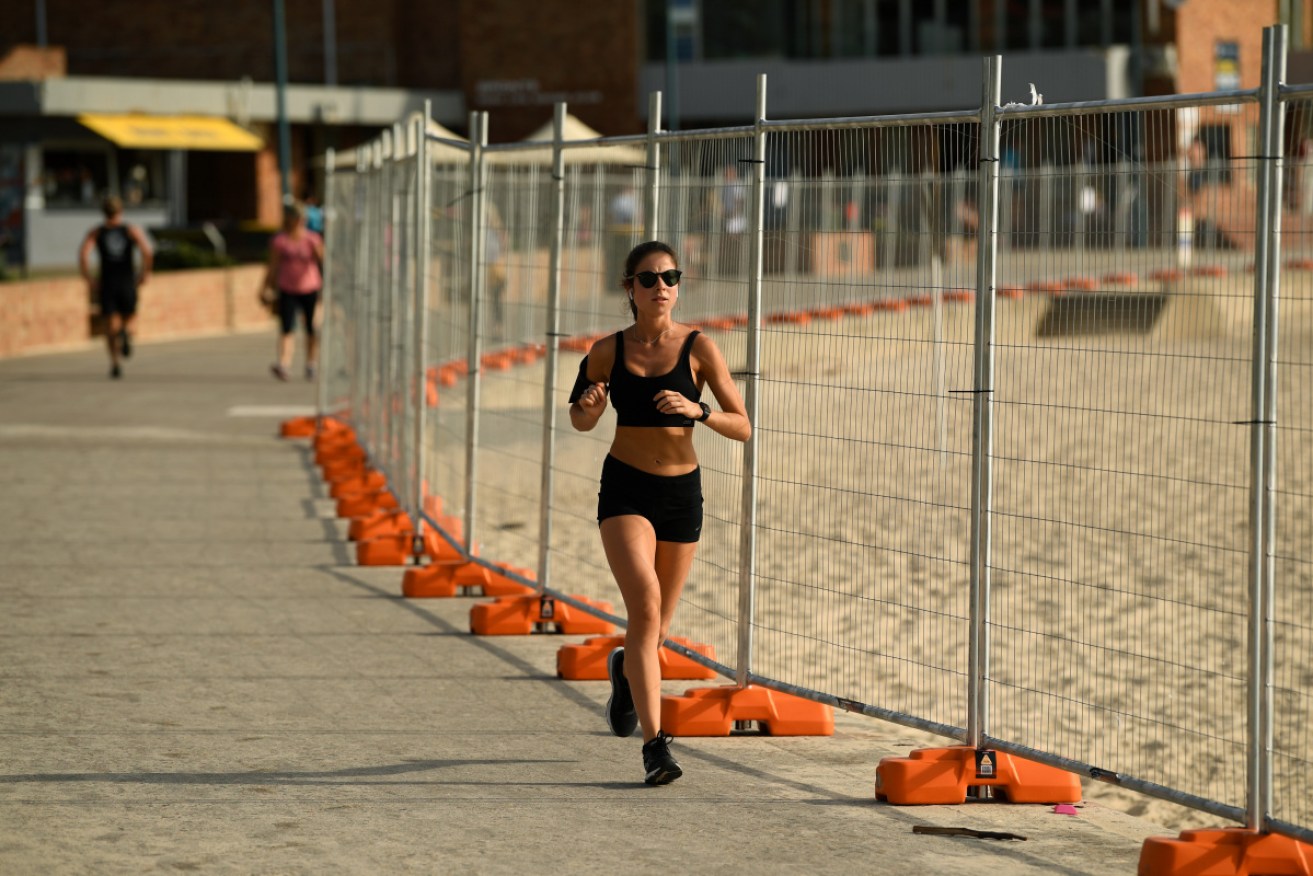Coronavirus hitting more affluent suburbs the hardest


Bondi Beach has already been fenced off after thousands flocked to the sand last weekend. Photo: AAP
Residents of the country’s most affluent suburbs are most afflicted with coronavirus.
New figures mapping out the local government areas with the most infections show NSW and Victoria council areas with higher income levels have been hardest hit by the pandemic.
In NSW, Waverley Council in Sydney’s eastern suburbs has recorded the highest number of confirmed coronavirus cases.

The spread of coronavirus across Sydney’s metropolitan region.
The council, which includes Bondi Beach, has 105 coronavirus cases.
The City of Sydney, which spans the CBD and inner suburbs, has recorded 69 cases.
The Northern Beaches and Woollahra areas, located on the Pacific and home to many mansions, have recorded 68 and 66 cases respectively.
In Victoria, Stonnington Council is the most affected with 57 cases. Encompassing Toorak and South Yarra, it is one of the richest areas in Australia.
Mornington Peninsula is second, with 36 cases, City of Melbourne is next with 32 and Boroondara – which includes Kew and Hawthorn – with 29.
The City of Melbourne’s higher number of cases could also be partly due to the large number of students living within the area’s boundary.
Glen Eira has 26 cases and Port Phillip has 25 cases.
In Queensland, Brisbane and the Gold Coast have by far the largest number of cases.
Brisbane’s metro north region topped the list with 144 cases followed by metro south with 123.
The Gold Coast has 91 and Sunshine Coast 56. West Moreton, which includes Ipswich, has 17 cases.
But it’s not just the wealthier neighbourhoods that have seen higher numbers of COVID-19 cases.
In NSW, the Central Coast, Canterbury-Bankstown, Sutherland Shire, Ryde, Randwick, Blacktown and Hornsby councils have all recorded more than 30 cases.
In Victoria, Moreland and Greater Geelong councils all have more than 20 cases.
NSW premier, Gladys Berejiklian, said the government was “looking very closely” at the impact of Monday’s shutdowns on pubs, cinemas and churches. If they weren’t sufficient, further action would be taken.
NSW chief health officer Dr Kerry Chant said the full effect of the second stage of shutdowns – in place from Thursday – wouldn’t be known for some days.
Five people in NSW were handed infringement notices on Thursday for flouting coronavirus public health orders.
Police have the power to hand out fines of $1000 to individuals and $5000 to businesses that breach public health orders or ministerial directions.
More than 3000 cases of COVID-19 have now been confirmed across Australia with 1405 in New South Wales, 574 in Victoria, 555 in Queensland, 255 in Western Australia, 257 in South Australia, 62 in the ACT, 47 in Tasmania and 12 in the Northern Territory.
Thirteen people have died – two in WA, seven in NSW, one in Queensland and three in Victoria.
-with AAP








